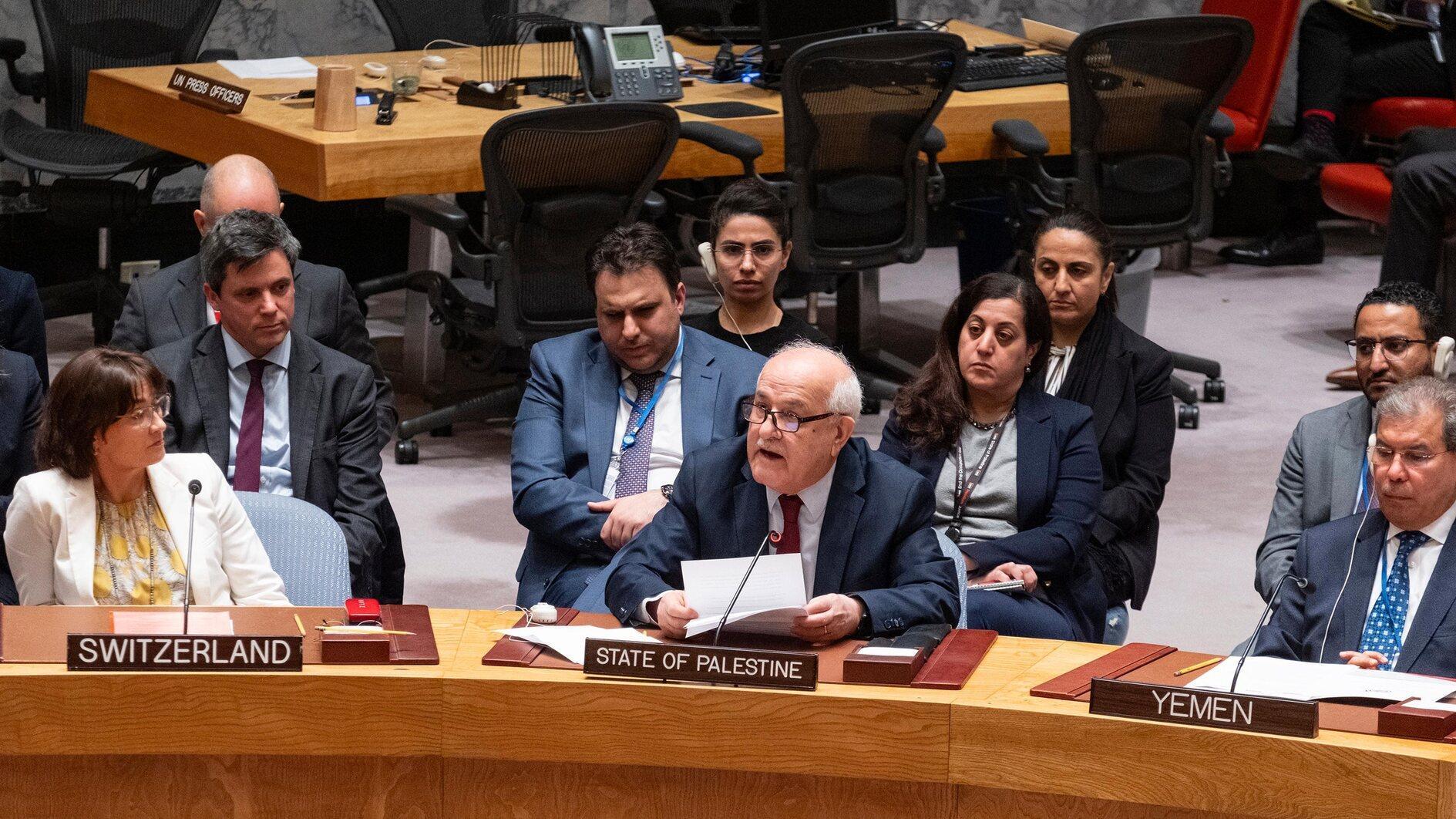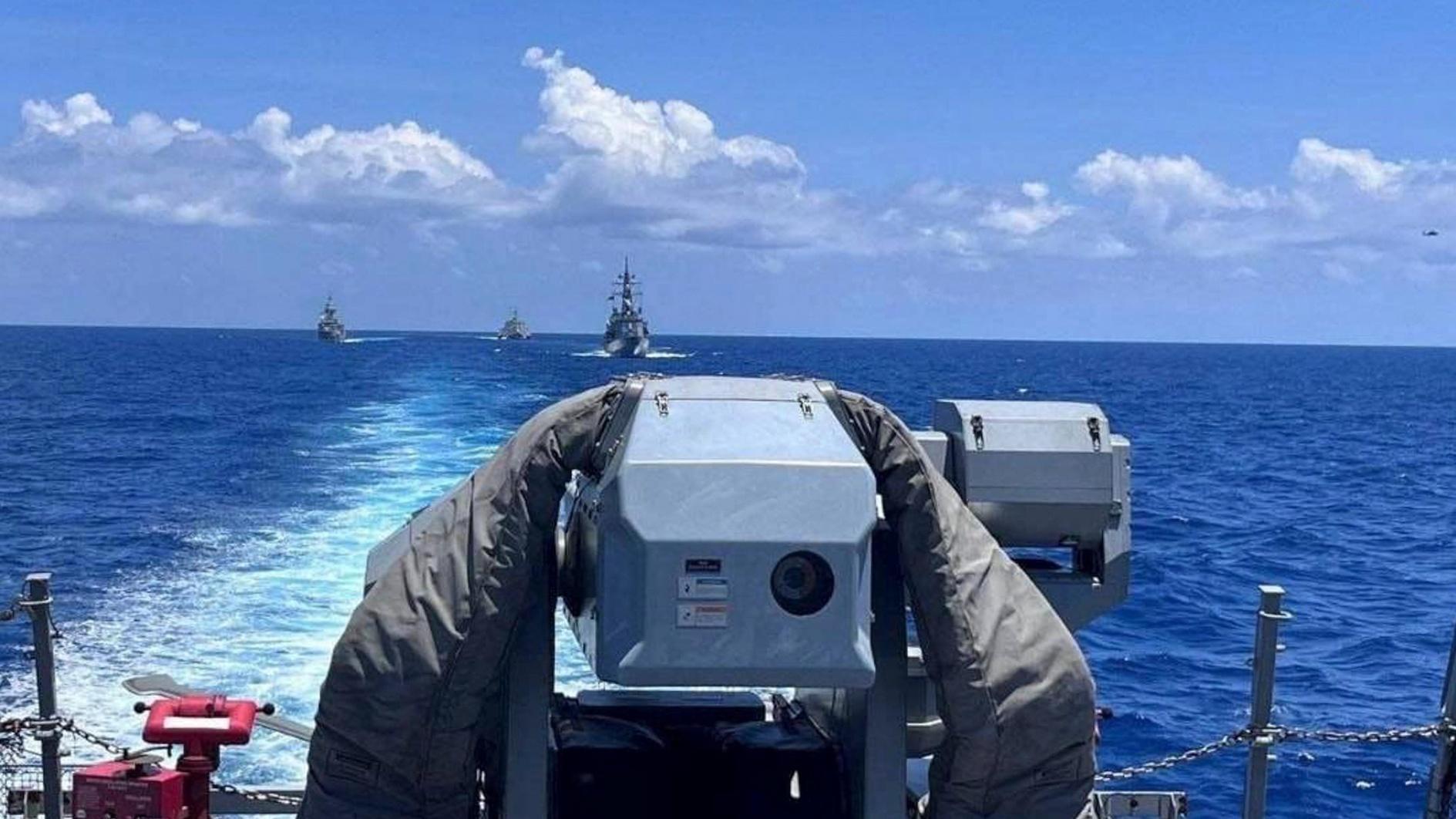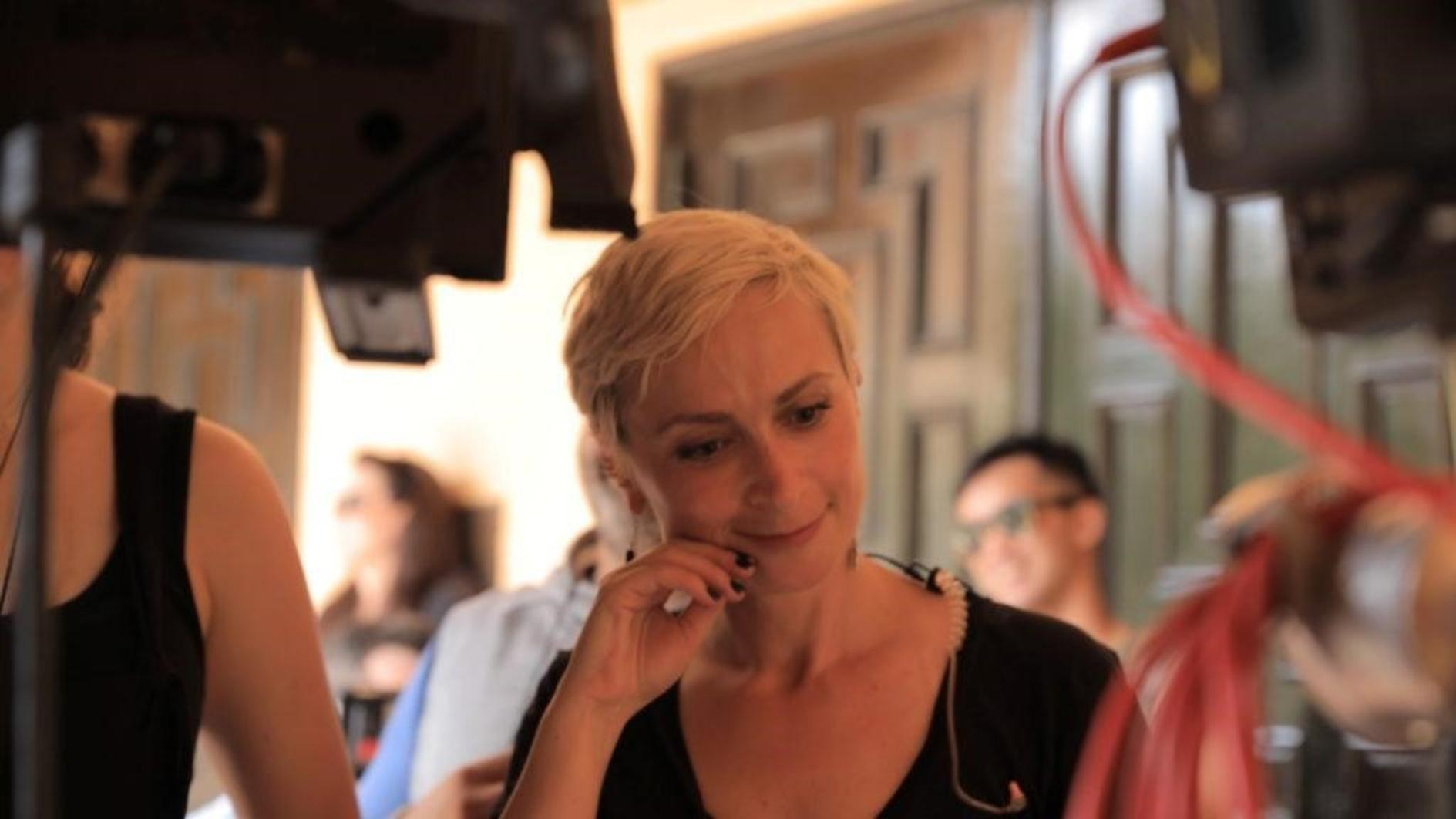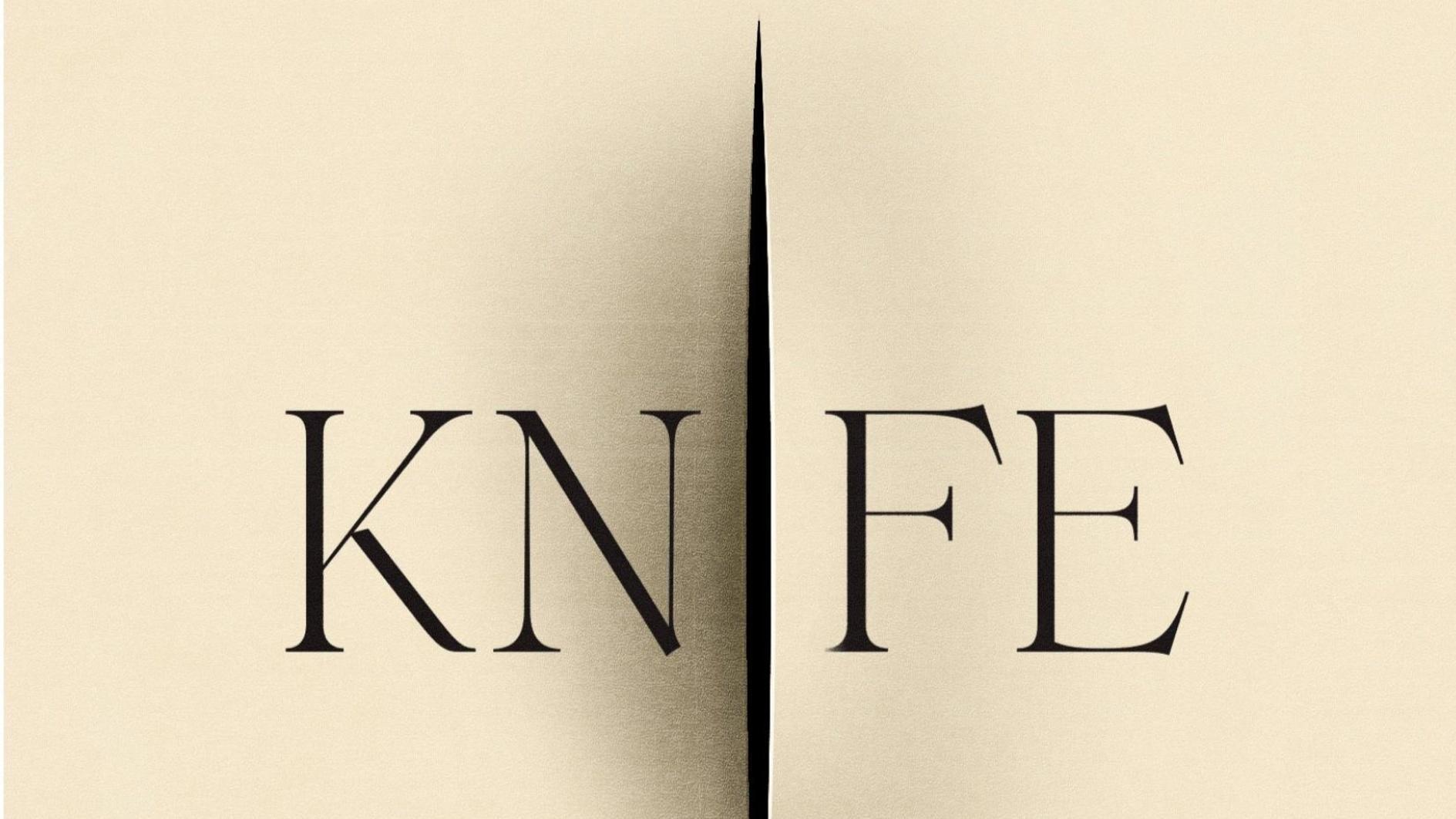INTERVIEW: West misread AKP and Erdoğan, legitimized crude power grab
William Armstrong - william.armstrong@hdn.com.tr
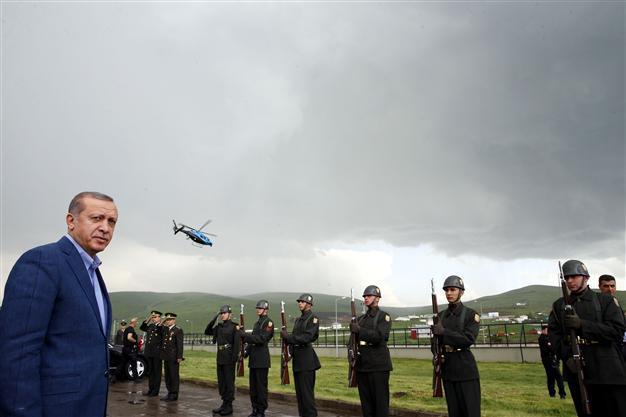
AA photo
Around 10 years ago, the Justice and Development Party (AKP) and President Recep Tayyip Erdoğan were at the height of their international reputation. Praised almost universally abroad, they were seen as bringing about a democratic transformation in Turkey. Such has been the decline since then, those days are sometimes hard to remember.How this perception took root is the subject of a stimulating new title by Toni Alaranta of the Finnish Institute of International Affairs, reviewed in HDN earlier this week. The book argues that international conditions combined with Turkey’s internal politics to legitimize a crude power grab dressed up in the language of liberalization and human rights.
Alaranta spoke to the Hürriyet Daily News about his book and where the situation could be headed now that the AKP may be losing its 13-year electoral dominance.
Your book looks at the dramatic changes in Turkey’s international identity over the past couple of decades. What prompted you to look into this issue?
I had previously concentrated more on domestic issues and the various expressions of Kemalism in recent decades. But it is quite obvious that the AKP became, through its electoral hegemony, a very dominant force.
It was already clear some years ago that one needed to look much more critically at the powerful interpretations of Turkey’s political history that had basically created a very widespread expectation that the AKP would democratize Turkey. In my view, those interpretations had become an obstacle to scrutinizing the AKP experience. So in a sense the starting point was a very common one for any scholar writing a book: I thought the existing literature was handicapped.
At one point you write: “Irrespective of what we think about Turkey’s potentiality to become a world power, the assertion that it would be such with the ‘Muslim’ label now sounds completely natural to many of us.” But you argue in the book that this is actually a very recent international conception of Turkey’s state identity. Could you explain a little?
I think it’s very important to keep in mind that we are talking about a recent phenomenon. The fact that, as the saying goes, “99 percent of the Turkish population is Muslim,” has produced over the last decade an idea that Turkey is a “naturally” Muslim nation, and that its actions as a sovereign state in the international field have something crucial to do with its population’s Islamic faith. This has become a very widespread idea.
My argument is that these bold claims about Turkey being a “Muslim” nation and state are very recent developments. It’s true that Turkey’s national identity has had explicitly “Islamic” content since the 1980s.
But it is only during the AKP era that Turkey has declared itself as being the protector of a specifically Muslim cause in the international field across the globe. This is a very radical departure from the previous era, when Turkey wanted itself to be seen as a modern nation state taking its place in what it thought was a universal civilization characterized by cultural modernity. For the previous political elite, the idea of being seen specifically as a “Muslim” power would have been astonishing and even insulting. Because the Kemalist foreign policy tradition saw religious identification as something anachronistic, defining a past world.
So in this sense, the idea of Turkey as a state actor being a “Muslim power” is an AKP invention. But there are some elements in the current international order - and especially in the way we now speak about international relations - where we can observe these kinds of essentializing, particularistic religious-cultural demands. They have been legitimized over the last two decades. The talk about the “Alliance of Civilizations,” for example, or the idea of Turkey being able to function as some kind of bridge between Western and Islamic “civilizations,” all signal this new way of talking. I think it’s important to emphasize that this is actually a recent phenomenon.
You refer to two specific events: The end of the Cold War, and the aftermath of the Sept. 11 terror attacks. In your opinion, these events opened up space for Turkey in the international arena?
The main point is the interlinking of domestic changes in Turkey with the international reality emerging after the Cold War. The end of the Soviet bloc and the ever-expanding horizons of global free-market capitalism created an expectation that opening up economies would drive onwards liberal democratic regimes everywhere. There was a lot of talk about the end of political ideologies. In intellectual terms this was the period - especially during the 1990s - when Western academia became convinced that the period of classical modernity was irreversibly over and we were living in some kind of “post” world - post-modern, post-ideological, post-enlightenment, post-rationalist.
This all coincided with domestic changes inside Turkey. During the Turgut Özal era in the 1980s there was a strong neoliberal restructuring of Turkey’s economy. There was a strange combination of market liberalism with a conservative social atmosphere, which was actually similar to what had taken place during the Thatcher and Reagan era in the Western world. In this situation, Turkey’s political elite was able to have a new orientation. As the fear of Soviet aggression decreased there was a widespread new discourse that enabled political leaders to look beyond the nation-state paradigm.
Particularly after 9/11 there was what you call a “structural demand” for the “moderate Muslim democracy” label. For 10 years Turkey was the poster boy of this demand. Why did this happen? Was it a conscious decision by the AKP to cultivate this label?
The 9/11 terror attacks suddenly seemed to discredit all the previous talk of post-ideological politics. People began to think of the world as essentially defined by a struggle between large-scale civilizational entities:
Samuel Huntington’s famous “Clash of Civilizations” thesis, or at least how it was understood. At this time, when there was this perceived antagonism between the so-called Western world and the so-called Islamic world, there emerged an idea that the West had this long-term NATO ally Turkey that could function as a kind of balancer or bridge between antagonistic entities.
At the same time, Turkey’s EU candidacy was given a boost with the declaration of its official candidate status in 1999 and negotiations starting in 2005. So there was a huge expectation both in U.S. and EU circles that Turkey was more or less destined to become a role model, a liberal democracy ruled by Muslim conservatives who had allegedly managed to move beyond the political Islamist position and were now embracing democratic pluralist values.
I believe that the leading cadres of the AKP realized this situation and saw it as an opportunity - they used the “bridge” metaphor themselves. But in my opinion all the reforms of the AKP’s first term were very much instrumental. Their purpose was to delegitimize their political opponents and to consolidate the AKP in power. So I would definitely say that the EU and the U.S. should look in the mirror and take at least some responsibility for the legitimization of the AKP within this liberal democratic discourse.
The idea that the AKP was “post-Islamist” became widespread throughout the 2000s. Many people thought of it as a technocratic party that was only interested in modernizing Turkey’s economy, rather than pursuing a religious-identity agenda. How did this perception take root and why was it, in your opinion, mistaken?
The aforementioned events in the international arena were preceded by a very long debate in Turkey regarding to the so-called “Second Republic” [İkinci Cumhuriyet]. This debate was reproduced by influential liberal intellectuals, who claimed that the Kemalist project and ideology had very early on hijacked Turkey’s modernization process, and that the Kemalist ideology had become, with its secular nationalist discourse, the main obstacle to Turkey’s democratization. In this situation, the AKP was seen as a reformist inheritor of the Milli Görüş [National View] movement, Turkey’s main strand of political Islam.
This is a well-known story but the problem is that the story is full of inconsistencies and half-baked arguments. The liberals obviously thought they had domesticated a party of political Islam to their own agenda, but the AKP had obviously embarked on a very different project - one that can be called an Islamic-conservative state project. Its most essential elements, in my view, are that the AKP has tried to create a kind of social-political order where it is impossible to criticize the AKP from a liberal and secular position. It’s very difficult for any opposition parties to rise against the AKP because they have been so delegitimized. This is done by claiming that all troubles in Turkey emanate from the Kemalist tutelary regime, which according to this narrative ruled Turkey from 1923 to 2002. The “real nation” of pious conservative Muslims are said to have been marginalized throughout the republican decades - only liberated by the alleged liberal-democratic-conservative AKP. This narrative is a pure myth that is very skillfully used and propagated by the AKP cadres.
So we had the liberals saying they found a partner for their reform agenda and AKP cadres even today saying they have liberated Turkey from the tutelage regime. The reason why the AKP was able to get backing from the liberals was based on this widespread idea that the Islamic-conservative constituency would enforce the retreat of the state, which was dominated by a monolithic, almost petrified Kemalist elite. This was a crude simplification, a distortion of the past century of Turkey’s political history.
Even if the idea of the “secular elite” is crude and incomplete, was it not still a problematic reality that developed its own vested interests and established itself in untouchable power structures in Turkey?
Of course it was problematic. I would say that the state has been problematic in Turkey - my problem is with this definition of it as a “Kemalist state.” Kemalism represents a kind of radical modernizing perspective, and I would talk about the Kemalist state in Turkey only during the one-party era [1923-1950] of the Republican People’s Party [CHP]. After then, I think we have seen in Turkey a nationalist-conservative state, though of course there were groups within the bureaucracy and the army who afterwards used these Kemalist slogans in their own agenda.
There is a hint of truth in the Islamic-conservative narrative that the previous state elite did look down upon other people, especially conservative Muslims. My point is that this is not something unique to Turkey. This is how modernizers and urban elites have behaved in all European states.
Where I do agree with the criticism is in terms of the ethnic definition of Turkishness, where I think the Kemalists committed a terrible sin. They should have seen by the 1960s that it is not possible to define nations through such a strong ethnic definition. During the 1960s, the Kemalist circles had become left-wing oriented, so they should have made a deal with progressive Kurds to come up with a different idea. In that sense, regarding the Kurdish issue, I think the Kemalist tradition has been a tremendous burden to Turkey.
Turkey at the moment is in the midst of a big shift, ahead of yet another election. The populist political Islam of the AKP has for 13 years been predicated on the idea that it is the majority, the “authentic” representative of the nation. Now that the AKP has lost its parliamentary majority, and may not get it back, what does that mean for the inherently majoritarian AKP project?
That’s a very difficult question. At the moment it is not the PKK or the ethno-nationalist Kurdish movement that threatens the AKP project; it is the HDP, the Kurdish party’s ability to emerge as a kind of liberal democratic movement. This demonstrates that even the Kurds are not the kind of monolithic, Islamic-conservative constituency that the AKP imagines the whole of Turkey to be.
There is obviously a very brutal power struggle going on in Turkey at the moment. To go back to the earlier point, there was a widespread expectation that political inclusion and economic development would moderate the political Islamists, but we are now witnessing a very significant - even historic - course of events. If the AKP is unable to get back its absolute majority, we will come to the question of whether the political Islamists will hand over power.
On the other hand, we are only now starting to see just how strong the ideological layer of the party is. If a parliamentary majority does not back this political Islamist movement it will be an interesting moment:
Either the political Islamists will have to step aside, or it will be proven that the very widespread idea of political inclusion of these groups to make them more democratic has been a failure.


